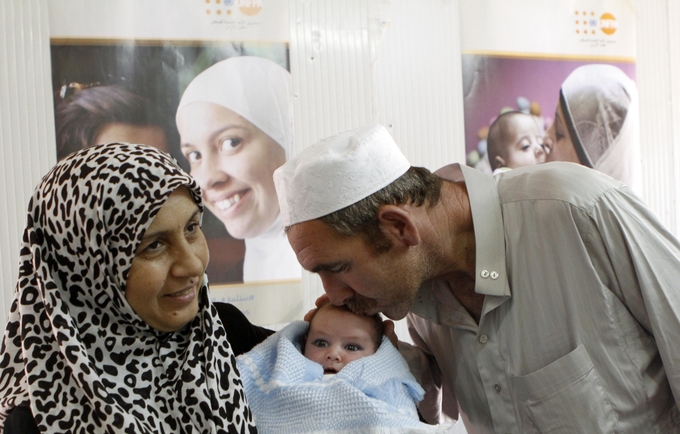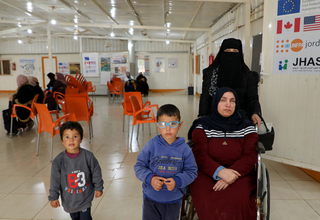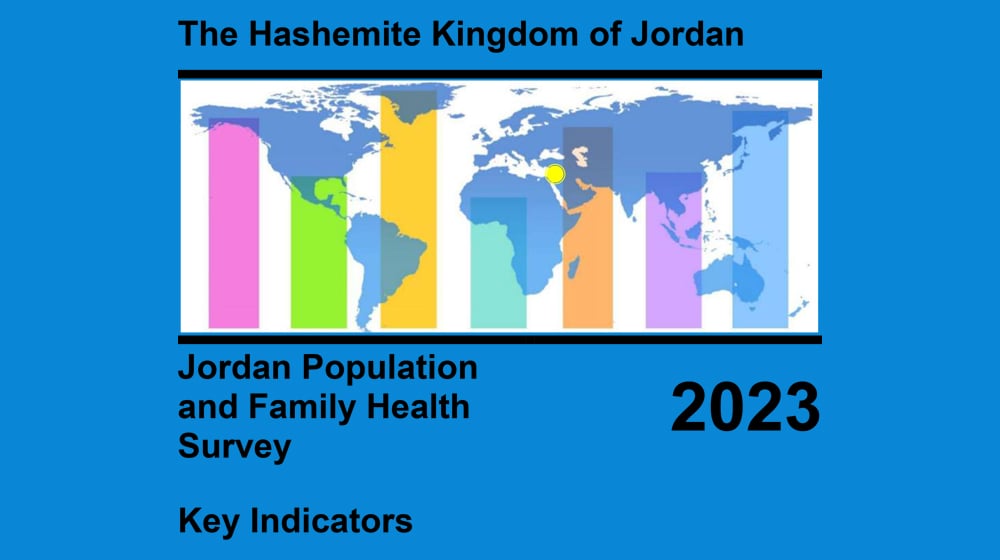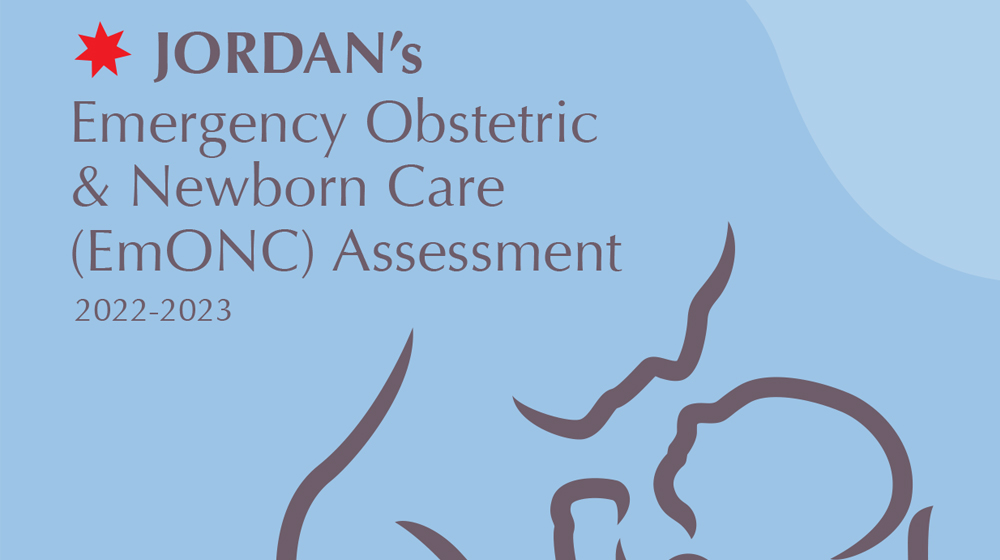Cyber City/ Ramtha/ Jordan, Khloloud Mohammad, was seven months pregnant when she had to cross borders between Syria and Jordan to escape violence in her homeland and find a safe place for her seven children.
With her husband and their children, the 30-year-old woman had to walk for four hours, surviving shelling in her hometown of Nasib, seven kilometers away from the Jordanian borders.
It was not easy to walk this distance, but all I wanted is to have a safe place for my children,
said Kholoud.
When the family arrived to the Jordanian borders they were transferred by bus to the Cyber City, a facility on the edge of the border city of Ramtha that hosts some 490 Syrian refugees.
On September 15, Kholoud delivered a healthy baby girl, Rania.
But, unlike other pregnant women residing the facility and were transferred to hospital in Ramtha for delivery, the mother of seven had no time to be transferred to hospital.
"When labour pain started, my husband went to the mobile clinic expecting that they will transfer me to hospital," Kholoud said, referring to a mobile clinic run by Jordan Health Aid Society (JHAS) and supported by UNFPA, the United Nations Population Fund in Jordan.
"When my wife felt that the baby is coming, I run to the clinic asking for help," said Mohammad Abu Jwaid, Kholoud's husband.
"They told me to bring her as soon as possible, and I did," said the husband.
But, the baby was almost there and transferring the mother into the nearest hospital was the last option, according to Fathieh, a midwife working at the UNFPA supported JHAS clinic.
"I had no other option but to help her give birth at the clinic," said the 50-year-old midwife, adding that five minutes after arriving to the clinic, Kholoud gave birth to a 2.8 Kilogrammes healthy baby girl.
However, both mother and baby were transferred to the King Abdullah University Hospital, a few kilometers away from the facility for medical checkups, where they had to stay for two nights.
Although Fathieh has 27 years of experience as a midwife, her experience with Kholoud was different as she describes it.
"This is the first delivery that takes place at the clinic, and I feel attached to both the mother and the baby," said Fathieh, who joined the UNFPA clinic in August.
Sitting on a chair at the clinic, Kholood was holding and breastfeeding her baby girl, Rania, with care and help from the midwife
"While I was running the shelling in Syria, I was praying to God I would survive with my children and baby to come," said Kholoud, "and here I am holding my baby and hope one day we will go back to our country and live in peace".
According to Fathieh, there are more than 40 pregnant women residing the Cyber City and 10 of them gave birth in hospital, but "they come here from time to time for advice and RH care services ".
In her 27 years working at the Jordanian Ministry of Health Hospitals, Fathieh used to see and deal with 40 to 50 pregnant women on a daily basis.
"My relation with patients at that time was used to end as soon as they leave hospital after birth. But its different here, as it continues , I do not mind visiting them voluntarily to check on their health and if they need any advice,"explained Fthieh, who graduated from the University of Jordan.
Health Service provided for Syrian refugee women at the UNFPA clinic is not only provided for pregnant women, as awareness is being spread on other issues according to Fathieh.
"We educate them about breast cancer and all other aspects of reproductive health as well," Fathieh noted, adding that some of them finds the clinic as a safe place to even discuss any other issue of their concern.
Seham Helmi, is one of these ladies who said she comes to the UNFPA clinic regularly.
"It is not necessary to come here when I need medical checkup," said the 37-year-old woman, adding: "here [at the clinic] I feel at home".
"Whenever I need to talk about my problems, I come here. They listen to me without getting bored,"said the mother of five who arrived in Jordan two months ago.
Even Kholoud said: "the first time I heard about reproductive health and family planning methods was here at the clinic".




